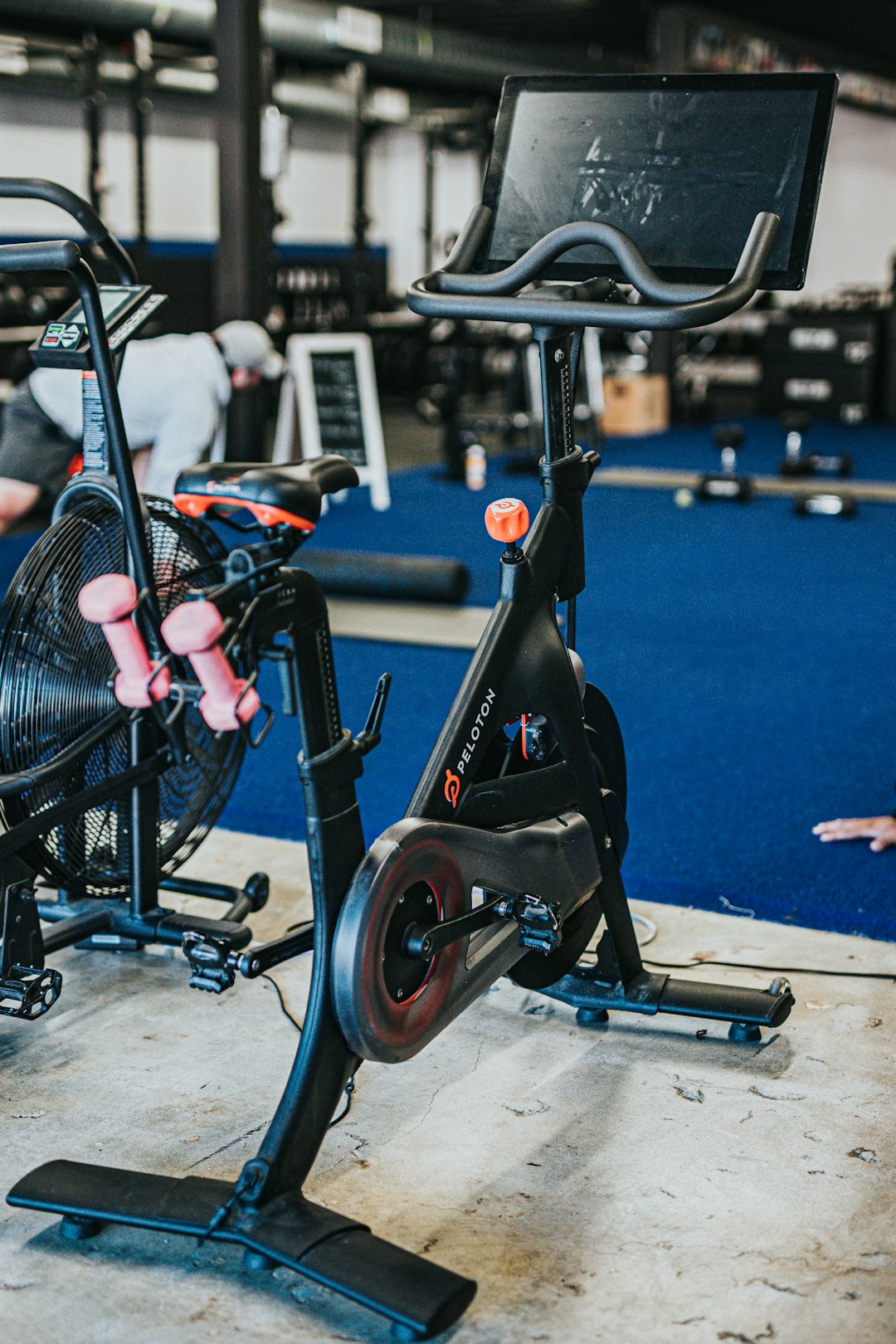Peloton: The Rides were Fun and the Instructors Absolutely Fabulous, but the Stock not so much
Heightened demand during lockdown turned out to be its downfall

Peloton: A brand with fanatic riders
When Peloton became public in September 2019, I was not that keen on the stock, since spinning did not interest me. But even pre-pandemic, the buzz around the brand was undeniable: Peloton was a first mover in the connected fitness space; the Bikes resonated with plenty of people who became devotees; and the company was not shy with its marketing budget.
After they opened a store in Marylebone, London, close to where I lived, I decided to sign up for a live class at their London studio. It was free to participate, so I thought why not. Off I went, and it was a great experience. I even returned for another session. It was apparent from my interactions with the riders there that many were also fanatic users of their Bikes at home.

Brand Value as a Moat?
Shortly after the pandemic hit, and shares were all trading at historic lows, I started building a small position in Peloton. It appeared to check all the boxes of a future giant in the consumer space: founder-led management, evocative brand, growing fan base, and innovations. Sure, one could dismiss Peloton as just a stationary bike with an iPad attached, but many of the most successful brands in the consumer space like Nike and Lululemon do not make rocket ships either. Irresistible products and deep customer connections are key. Peloton did both very well, and arguably still does.
Red Flags: What I did not see
As Peloton continued selling more bikes, issues at the company started to surface. My mistake with Peloton was not failing to sell when it hit peak valuations. Rather, in retrospect, I ignored the major red flags for too long over the course of 2021. Their escalating costs, multiple debacles with Tread, and capital raise in late 2021 were canaries in a coal mine. Conor MacNeil of Investment Talk recounts all the major missteps in his excellent coverage here and got out of the stock sooner than I did. I have a strict limit on the amount of capital deployed to any single name, so I did not add excessively to my portfolio of 50+ positions. That cap saved me from doing dollar cost averaging when Peloton was heading deep south.
Operational Excellence is Key to Scaling
I eventually sold out in early 2022, a tad late but relieved that I did.
Peloton continues to struggle to this day, even after multiple equity and debt capital raises. It is almost surreal to watch increased demand discombobulating its operations, to the point where Peloton had just announced a complete reversal to its vertically integrated strategy: it will exit all in-house manufacturing and rely on outsourcing instead. It does not look good for Peloton with all the asset impairments that it will be taking in the coming quarters.
Ultimately, the biggest lesson learned was underestimating how difficult it is for companies to scale, especially if manufacturing and logistics are involved. While Nike and Lululemon do not make inimitable products - one can find endless similar products from Chinese suppliers - their respective founders, Phil Knight and Chip Wilson, ran tight ships when they were in charge. Larger companies like Amazon, Tesla and Apple have institutionalized their scaling prowess and earned their current valuations to build hard competitive advantages. Peloton did not have the muscles to meet the sudden surge in demand, which ultimately imploded its operational and financial infrastructures.
When investing in high growth companies, we are never sure if they really have what it takes to cross the chasm. Numbers can look good, but they only tell us so much. It pays to be hypervigilant, although paranoia can also prevent one from staying invested in multi-baggers, since they all go through growing pains. As I wrote in an earlier post, a clear smoke signal is the lack of discipline, or in the case of Peloton, a founder appointing his wife to run a new division when core operations were imploding!
Looking back, John Foley made some poor decisions that led Peloton to where it is today. While Barry McCarthy is full of gumption and ruthlessness – honed at Netflix and Spotify – he may be a bit too late to save the day.
(Author is neither long nor short $PTON)
Follow me on Twitter @ConsumeOwnTech
Join Consume Your Own Tech Investing to receive a welcome email with the following:
Latest Top 10 conviction Consumer and Tech positions in my portfolio
Book recommendations on investing, consumer and technology sectors
One article delivered into your inbox every Tuesday
Preview of upcoming articles
In addition, you will receive Subscriber-Only emails with updates to my portfolio convictions and latest recommendations on books to read.
Follow me on Twitter @ConsumeOwnTech
Also, check out Daily Market Briefs, a fast growing daily newsletter that brings 16,000+ readers up to speed with the top finance and business stories around the world in under 1 minute!

